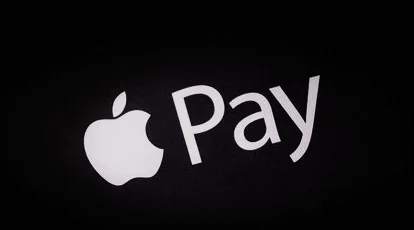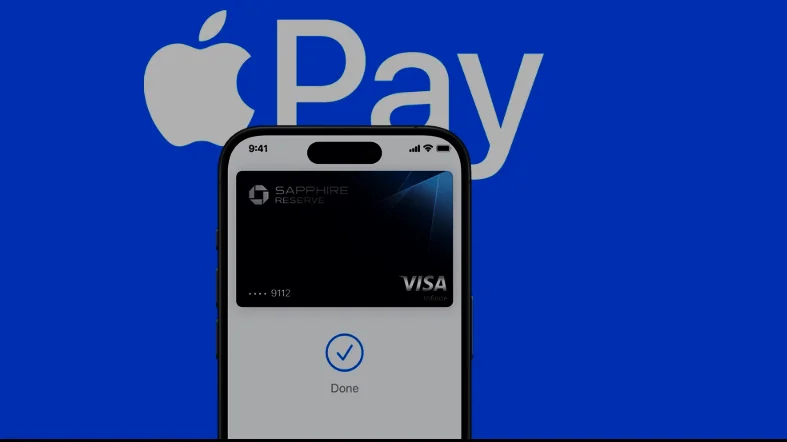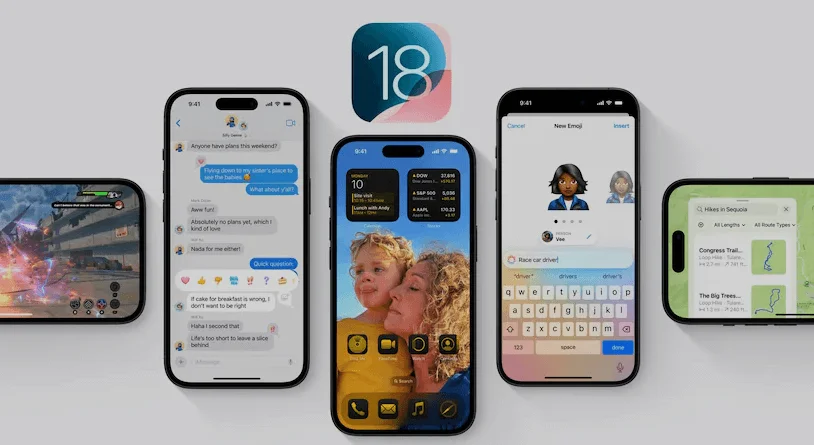Introduction

A major antitrust probe initiated in June 2020 into Apple Pay has been resolved by the European Union on accepting commitments from Apple in relation with the issues of provocative competitive interference. These commitments are getting geared towards making the market available for other developers of a mobile wallet and competition in regards to NFC enabled contactless payment on the iOS devices. Here are the key details of the developments:
Apple Pay: Investigation And Preliminary Findings
1- Launch of Investigation (June 2020):
The EU’s competition division scrutinized the Apple Pay process, with a focus on Apple’s mobile payment and related mobile wallet solution.
Initial complaints indicated Apple might be abusing its dominant position by restricting competitors from accessing NFC functionality.
2- Scope of Investigation Narrowed:
The investigation eventually narrowed to specifically address the use of Apple’s NFC technology for contactless payments.
3- Preliminary Findings (May 2022):
The EU decided that Apple coerced its rivals out of offering NFC based contactless payments on its iOS devices.
Apple’s restrictions on rivals developing mobile wallets that could communicate with NFC payment terminals highlighted a key issue.
Apple’s Commitments And EU’s Response

Apple’s Initial Proposal (January 2024):
- Apple proposed changes to settle the case, allowing third-party developers to access NFC functionality on iOS devices via a set of APIs without using Apple’s technology.
- Key commitments included:
- Providing fuller access to NFC components through Host Card Emulation (HCE) mode.
- Offering additional features like setting third-party wallets as default and access to authentication features like Face ID.
- Applying Fair, Reasonable, and Non-Discriminatory (FRAND) terms for NFC access.
- Enhanced Commitments Following Industry Feedback:
The EU pressed Apple for improvements after receiving feedback from various stakeholders, including banks, app developers, and financial associations.
Apple’s enhanced commitments include:
- Removing the requirement for developers to have a license as a Payment Service Provider (PSP) or a binding agreement with a PSP to access NFC input.
- Ensuring HCE architecture compliance with evolving industry standards.
- Shortening deadlines for dispute resolution.
Implementation And Compliance
Commitment Details:
- Developers of rival mobile wallets will be able to offer contactless payments using NFC, providing a “tap and go” payment experience.
- Access to key iOS features, such as double click to launch apps and authentication methods like Face ID, Touch ID, and passcodes, will be provided.
- Users will have the option to set a third-party wallet app as their default instead of Apple Wallet.
Monitoring and Penalties:
- The commitments are binding on Apple for 10 years.
- Non-compliance could result in fines up to 10% of Apple’s total annual turnover or a daily penalty of 5% of its daily turnover.
Implications And Context
Digital Markets Act (DMA):
- The EU has passed an update to its competition rulebook, the DMA, aimed at enhancing contestability in digital markets by imposing obligations on major platforms like Apple’s iOS.
- The DMA intends to prevent tech giants from blocking competitors’ access to critical infrastructure.
Statement from EU Commission EVP Margrethe Vestager:
- Vestager emphasized that Apple’s commitments go beyond DMA requirements, highlighting mechanisms for monitoring and dispute resolution.
- The changes are expected to benefit competing wallet developers and consumers by enhancing innovation and choice while maintaining secure payments.
Apple’s Official Response
Apple’s Statement:
- Apple confirmed it would provide developers in the European Economic Area with options to enable NFC contactless payments for various applications using HCE-based APIs.
- Apple Pay and Apple Wallet will continue to be available in the EEA, offering secure and private payment solutions.
Conclusion:
In conclusion, the European Union has approved the Apple’s commitments aimed at liberating the mobile payment technology and increase competition in this sector. Apple is to grant the developers an access to the NFC features for creation of mobile wallets that are capable of interacting with the NFC payment terminals. The action is expected to open up possibilities of increasing innovation and competition in the sphere of digital payments.
All in all, in my opinion, it will again be beneficial for both the clients and developers. Apple’s decision to open up its technology has allowed more players to enter the payment industry. This increased competition is expected to drive further development and innovation in the payment sector. As a result, consumers are likely to benefit from an enhanced payment experience. Overall, Apple’s actions are spearheading positive changes in the payment industry. It is worth praising the EU’s attempts to push for the contestability of digital markets and this case should serve to be a precedent for other tech giant companies.
Now it’s your turn! Please, specify how committed Apple is to those specified goals and assess the EU’s attempts to boost competition in the digital payments industry. That is the question – will this open new opportunities for various inventions of payment methods, or will the company continue dominating the market? Please leave your inputs and we can carry on with the discourse further.
Read Also: Epic Games Faces Rejection from Apple Due to App Store Policies

